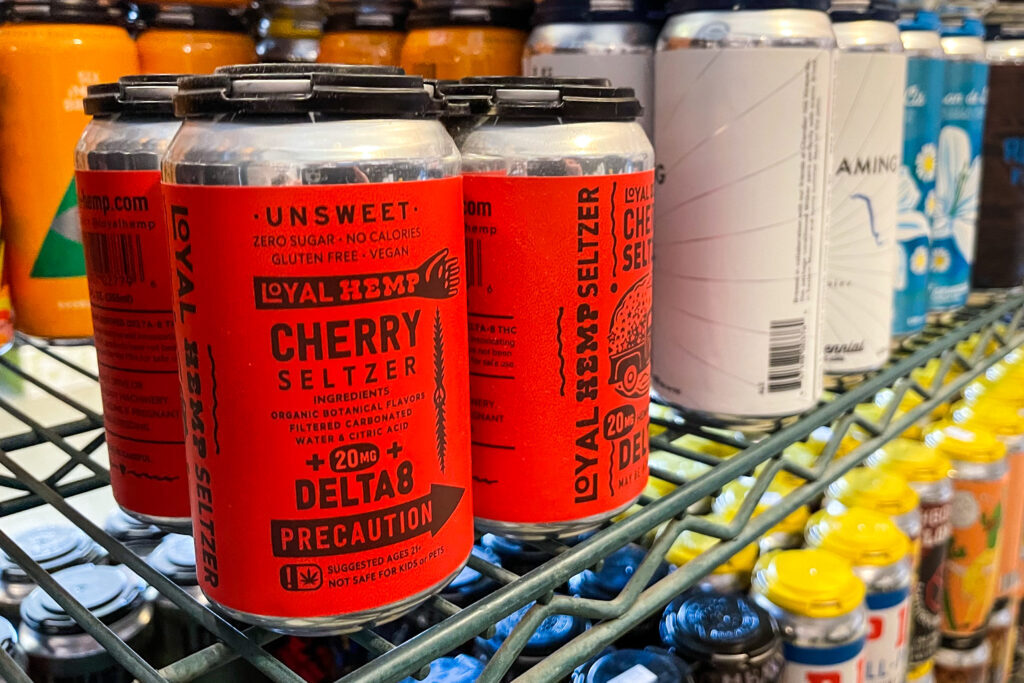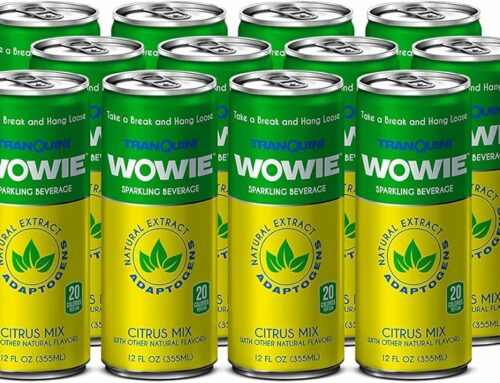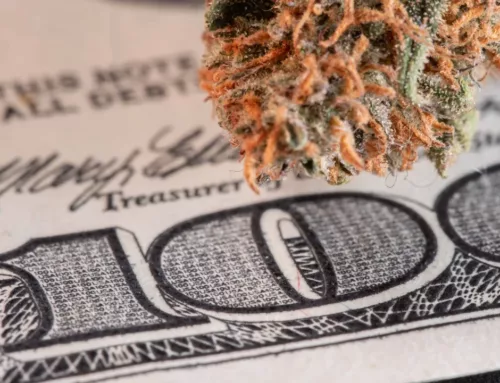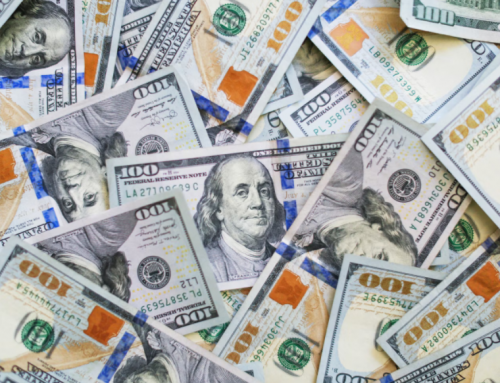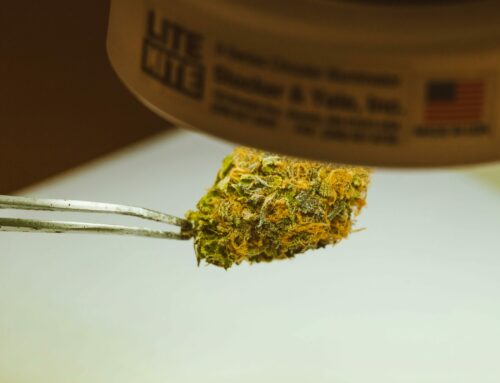The Rise of a New Era of Consumption: Cannabis-Infused Drinks
LOS ANGELES–Cannabis-infused beverages have rapidly gained traction in recent years as a popular alternative to traditional consumption methods such as smoking and vaping. With the increasing legalization of cannabis in the United States and other parts of the world, these drinks offer consumers a novel and convenient way to enjoy all the benefits of the cannabis plant, both recreational and medicinal.
Let’s explore the specifics, overall appeal, market growth, social dynamics, and future prospects of beverages containing cannabinoids, particularly THC.
What is it all about?
THC-infused drinks contain cannabinoids, particularly tetrahydrocannabinol (THC), the psychoactive component responsible for the “high” associated with cannabis. These beverages offer a unique way to consume cannabis, providing effects similar to those experienced with traditional edibles but in a liquid form.
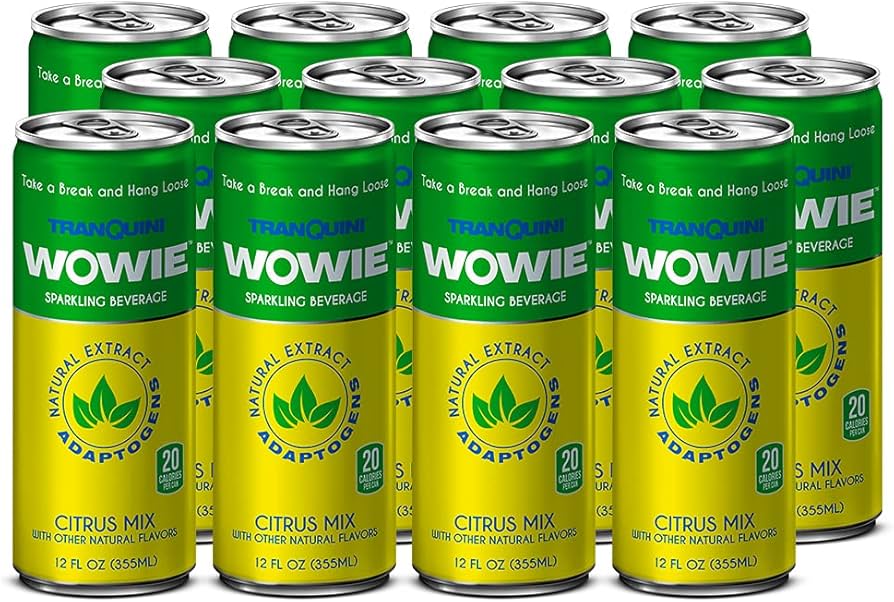
These drinks can vary significantly in their formulation. Many cannabis beverages are made by infusing a liquid base—such as water, soda, or juice—with a cannabis extract. The extract may include THC distillate or cannabis oil that has been processed into a liquid form for easy mixing. Some products utilize water-soluble cannabinoids to increase bioavailability and provide a faster onset of effects.
Cannabis-infused drinks can come in a variety of forms, including sodas, teas, seltzers, and cocktails. They are designed to deliver the effects of cannabis without the need for traditional cannabis consumption. Unlike CBD-infused beverages, which are non-psychoactive and often marketed for their potential health benefits, THC-infused cannabis beverages induce feelings of euphoria and relaxation. However, there are beverages that contain the full spectrum of cannabinoids and broad terpene profile. This is when they work together in synergy to produce a complex and beneficial influence on the human body known as the “entourage effect”.
One of the key factors contributing to the popularity of cannabis-infused drinks is their rapid onset of action. Traditional edibles can take anywhere from 30 minutes to two hours to kick in, leading to confusion and uncertainty about dosage and timing. In contrast, many cannabis beverages utilize the advanced technology of nanoemulsion, which breaks down THC into smaller particles that can be absorbed more quickly by the body. Therefore, users often feel the effects within 15-30 minutes after consumption. This rapid onset allows for a more controlled experience compared to traditional edibles or smoking. Users can gauge their tolerance and adjust their intake accordingly, making it easier to enjoy cannabis in social settings without overindulging.
The Appeal of Cannabis-Infused Beverages
The shift toward health-conscious consumption is a major driver behind the rise of cannabis beverages. Many consumers are looking for alternatives to alcohol that do not carry the same health risks or negative side effects. Cannabis beverages typically contain fewer calories than alcoholic beverages and do not contribute to hangovers or dehydration.
Cannabis-infused drinks offer a way to enjoy social drinking without the effects of alcohol. This aspect is particularly appealing in social settings where people want to enjoy a beverage, but may prefer not to smoke cannabis in the traditional way with a joint or a bong, or consume alcohol for a variety of reasons, whether personal preference, health concerns, or lifestyle choices.
The variety and flavor profiles available in cannabis beverages are also major draws for consumers. With options ranging from sparkling water, juices, fruity sodas to herbal teas, there is something for everyone. This diversity allows brands to cater to different tastes and preferences while creating unique experiences for consumers.
Current Status of THC-Infused Beverages in the United States
Today, just at the moment, the market for THC-infused beverages in the United States is experiencing explosive growth. According to industry reports, the U.S. cannabis beverage market was valued at approximately $1.4 billion in 2024 and is expected to reach approximately $4 billion by 2030, driven by increasing legalization efforts across various states. This rapid expansion follows the passage of the 2018 Farm Bill, which legalized hemp-derived THC products at the federal level, allowing states that had not yet legalized recreational cannabis use to sell low-dose THC products derived from hemp.
The current landscape shows that while THC-infused beverages will account for only about 1% of total cannabis retail sales in Q2 2024, they will represent about 6% of edibles sales, making them one of the largest categories within edibles. The non-alcoholic segment is expected to lead this market growth in the coming years as consumer preferences shift away from traditional alcoholic beverages toward healthier options
A significant change in this market has been the integration of THC-infused drinks into mainstream retail channels—previously dominated by alcoholic beverages. Brands like CANN have successfully placed their products alongside beer and wine in over 3000 [!] retail stores across the U.S., which has been decisive in expanding consumer access. This accessibility has made it easier for consumers to find cannabis-infused drinks while shopping for groceries or liquor.
Consumer interest in THC-infused beverages is also linked to the broader trend of reducing alcohol consumption among younger demographics. Many consumers are seeking alternatives that offer social enjoyment without the intoxication or negative side effects associated with alcohol. This shift has created fertile ground for marketers targeting both casual drinkers looking for new experiences and those actively seeking healthier lifestyle choices.
Market Growth and Trends
The market for cannabis beverages is experiencing remarkable development and expansion as more states legalize cannabis for recreational use. According to industry reports, the global market for cannabis-infused beverages is expected to reach billions in revenue over the next few years. This growth is driven by several factors:
- Legalization Trends
As more states legalize recreational cannabis use, new markets are opening up for cannabis products, including infused drinks. For instance, states like California and Colorado have seen significant sales growth in this category since legalization.
- Consumer Awareness
Increased awareness about the benefits of cannabis has led more consumers to explore different consumption methods. As education around cannabinoids continues to improve, more people are willing to try infused beverages as a safe and enjoyable alternative.
- Innovative Marketing Strategies
Brands are employing innovative marketing strategies that resonate with younger consumers who prioritize experiences over products. Social media campaigns showcasing lifestyle elements associated with cannabis consumption have helped normalize these beverages as part of social gatherings.
- Social Dynamics and Consumption Patterns
Cannabis-infused beverages are not only changing consumption habits, but also influencing social dynamics. They provide an opportunity for individuals to engage socially without the intoxicating effects associated with alcohol consumption.
- Changing Social Norms
As societal attitudes toward cannabis continue to evolve, infused beverages are becoming more accepted in a variety of social contexts, from casual gatherings to formal events. Many consumers report enjoying these drinks at parties or while dining out, similar to how they would consume beer or wine.
- Responsible Consumption
The ability to control dosage through beverages allows users to consume responsibly. Many brands emphasize moderation in their marketing efforts, promoting responsible consumption in line with public health guidelines.
- Community Building
Cannabis-infused beverages also encourage community building among consumers who share similar interests in wellness and alternative lifestyles. Events around these beverages—such as tastings or mixology classes—are becoming increasingly popular as consumers seek out shared experiences.
Challenges Facing the Industry
The regulatory landscape surrounding cannabis remains complex and varies widely from state to state. Navigating these regulations can be challenging for producers looking to enter new markets or expand their product lines.
Although attitudes toward cannabis are changing, there is still a stigma surrounding its use, especially among older generations who may associate it primarily with illegal activities or negative stereotypes.
As cannabis beverages gain popularity, they will inevitably compete with traditional alcoholic beverages. Convincing consumers to switch from established habits can be difficult, but many brands are positioning themselves as complementary options rather than direct competitors.
The future of cannabis-infused beverages looks promising as consumer preferences continue to evolve toward healthier alternatives. As more research is conducted on the benefits of cannabinoids and their potential therapeutic effects, we may see even broader acceptance of these products.
Innovation will play a crucial role in shaping the future of this market. We can expect to see advancements in formulation techniques that enhance flavor profiles and improve bioavailability—the extent and rate at which active ingredients are absorbed into the body.
As legalization spreads beyond the U.S. to European and Asian countries, there will be opportunities for brands looking to introduce their products internationally. This expansion could lead to increased competition, but also greater collaboration within the industry as best practices are shared across markets.
Cannabis-infused beverages represent an exciting evolution in the way people consume cannabinoids. With their rapid onset of effects, diverse flavors, and recreational and health-conscious appeal, they are poised to become a staple in social settings across multiple demographics. As legislation evolves and consumer preferences shift toward healthier options, these beverages are likely to continue to gain traction in both the recreational and wellness markets—marking them as significant players in the broader landscape of cannabis consumption.
Author: Hunter Smith
Copyright Highly Capitalized Network and New Beverage Partners © 2025. All rights reserved. Thank you to New Beverage Partners and Hunter Smith for collaborating on this article.
New Beverage Partners, led by Hunter Smith, is a key incubator for hemp beverage and gummies brands, offering expert guidance in marketing, manufacturing, distribution, and compliance. Backed by an extensive network of industry specialists, they help brands successfully enter and thrive in the market.
Hunter Smith brings 15 years of experience as a proven leader in beverage production. He has received national awards for quality and marketing, sold over 15 million cans across 13 states, led teams of over 100 employees, managed P&L, and contributed to driving a company toward a $10 million annual revenue trajectory pre-COVID. As Co-Chair of Government Affairs for the Craft Brewers’ Guild, he has also helped shape industry legislation.
Hunter is also the founder of Grow Cannabis, the first brand in hemp beverages to position itself directly against alcohol, offering consumers a compelling alternative.
To learn more about elevating and growing your hemp beverage or gummies brand, contact Hunter Smith and the New Beverage Partners team. Visit www.newbeveragepartners.









